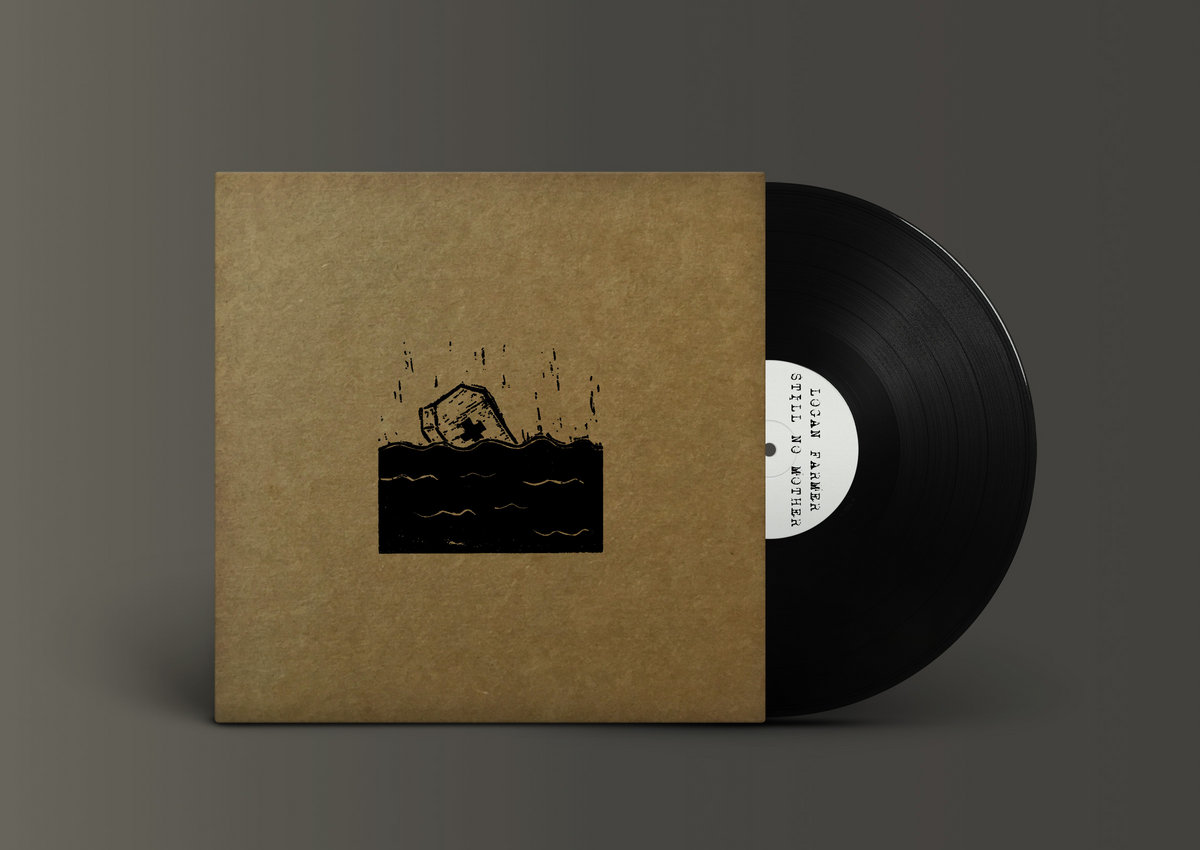There is a tendency for climate-based art to concern itself with the post-apocalyptic imagery of the planet’s breakdown. How else should it confront the emerging reality of our times? When a phenomenon is continually doubted or ignored, its seems logical to present its oncoming tragedies, its growing violence, its bitter end. And if the phenomenon is more like a cluster of phenomena, then why not pluralise the portrayal? Multiply by orders of magnitude. Dark skies and scorched earth, fires and floods and great masses on the move. What results is a competition in terror and scale, the stacking of increasingly dire manifestations atop of one another in pursuit of some Brueghelian sublime. The world is ending: how dreadful, how beautiful.
But, however these depictions square with the coming (or ongoing) reckoning, they rarely have the desired effect. For things so drastic are beyond our comprehension, destined to feel distant and impersonal by their sheer scale. How can we take seriously what we cannot imagine?
Still No Mother, the latest album from the Colorado-based songwriter Logan Farmer and the first under his known name (as opposed to Monarch Mtn), looks for an answer through a more oblique approach to climate breakdown. Released by Western Vinyl, the record sets its focus not on the storm at the horizon, nor its first winds on our shores, but instead into the minds of those who will experience it. Those waiting and dreading. All of us.
To achieve this, Logan Farmer looked into history. The American folk song has evolved alongside the nation’s tragedies, long used as balm against pain both personal and political, or as a direct confrontation of this suffering. ‘Folk’ as in music of the people, grounded in struggle. Farmer used this framework and applied it to present and future pain, originally envisaging the songs farm workers might sing as their land is devastated by fire or flood in the vein of Woodie Guthrie’s Dust Bowl Ballads.
Still No Mother doesn’t quite follow this idea through to Guthrie’s concept style, but still it homes in on the people at the centre of the devastation, moments of humanity caught in the lulls between nature’s revolt. “The music is intentionally gentle and delicate with shards of piercing dissonance scattered throughout,” explains Farmer. “The intention was to capture the quiet moments of contemplation before the storm comes, as we peek through the cracks in the wall to catch a glimpse of the approaching danger, now a growing dot on the horizon.”
Those familiar with Monarch Mtn will recognise the sombre depth of the songs, but Farmer’s ambient-folk style is at its most organic yet. Listen to lead single ‘Rome, Through a Fog’ or opener ‘River Black’ and find an instinctive simplicity within the starkness, acoustic guitar anchoring Annie Leeth’s string arrangements, Farmer’s vocals lacking the effects of previous records. Even the use of drone and spoken word recordings possess a natural air, the surrounding environment leaking into the spaces of the songs, be it a far off electrical transmission or the slow hum of the world itself.
Evoking the title, ‘Vessels’ paints a world abandoned not just by God by Mother Earth too. “Still no mother on our side, desertion,” Farmer sings, humanity now outside of any relationship or coexistence, a gathering on a hostile rock. The song paints a soul dizzied and static, frozen with fear and anger and the cold tendrils of complacency, the sense that it is too late, that we are damned by our own inaction. Closer ‘No One Owes Us Anything’ takes this up more directly. An engagement with the climate and the politics underpinning its collapse, it represents the sad wrath of the underclass as it tries to remember the real point of blame. “If we lose our strength, it’s gone,” Farmer sings. “If we lose our faith, it’s gone.” But the sentiment grows hazy, even the most obvious injustice and inequality lost in the fog of guilt, our own ties to the destructive system eroding the ground beneath our feet.
Forty years later
when there’s no more ice
I’m gonna end my days on a kitchen knife
everything together better add up to a lotA place on the wall where I paint my hand
I’m gonna betray
the call of modern man
but I’m terrified every time the service drops
The acceleration of ‘War is Body’ is a distillation of the entire album. The track places the intensely personal within global strife, capturing the contemporary mood better than perhaps any song has managed to date. The abrasive, poltergeistic fury of the opening plays like some warning cut off by the track’s lush swells, some hideous thing ignored but left standing outside our door as violins sweep our attention elsewhere. There’s a sense of disembodied calm, a kind of stupefied melancholic float at odds with the apocalyptic verses it holds. Just when it seems we can drift along in this reverie forever a faint hum emerges, the outside threat making itself known again as the piano winds down almost to nothing. Then a sudden quickening, as though the bottom has fallen out of the track and sent us tumbling down and there is nothing to grab on to and no way back up and suddenly melancholy and reflection count for nothing, not here. We can only be witness to what is about to unfold. It’s gone, it’s gone, it’s gone.
Still No Mother is out now via Western Vinyl and you can get it from the Logan Farmer Bandcamp page.
Photos by Ben Ward



